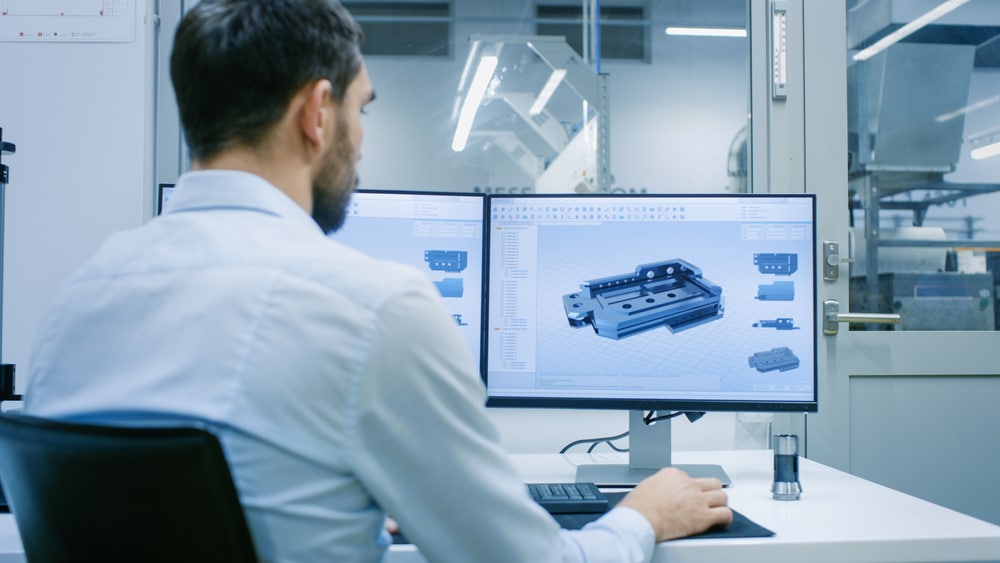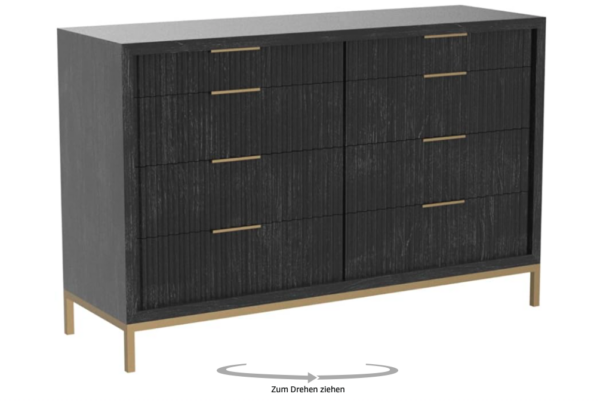3D models are used in many areas, including the film industry, video games, architecture and, of course, augmented reality (AR for short). However, creating a 3D model requires a deep understanding of the available techniques and methods in order to achieve the desired result. This blog post provides an overview of different methods for 3D model creation so that you can choose the right method for your next project.
Create 3D models – with photogrammetry
Photogrammetry is one of the methods used to create 3D models and is based on the processing of photographs. With this method, an object is photographed from different angles and special software merges these images into a 3D model. This method is ideal for creating realistic 3D models of real objects such as buildings, landscapes or statues.
In order to create a photogrammetric model, you must first take a sufficient number of images of your object. The number of images required depends on the size of the object and the desired level of detail of the 3D model, on average 20-30 photos. It is important to take pictures from different angles and perspectives in order to capture the subject as fully as possible. As soon as the images have been taken, they are processed using special photogrammetry software. This software uses special algorithms and techniques to align, register and process images in 3D point clouds. This point cloud contains a large number of points that reflect the shape of the object.
The next step is to create surface data and texture information from the point cloud. This makes the model more realistic and visually appealing.
Finally, the 3D model can be exported for further processing in 3D software or for use in other applications.
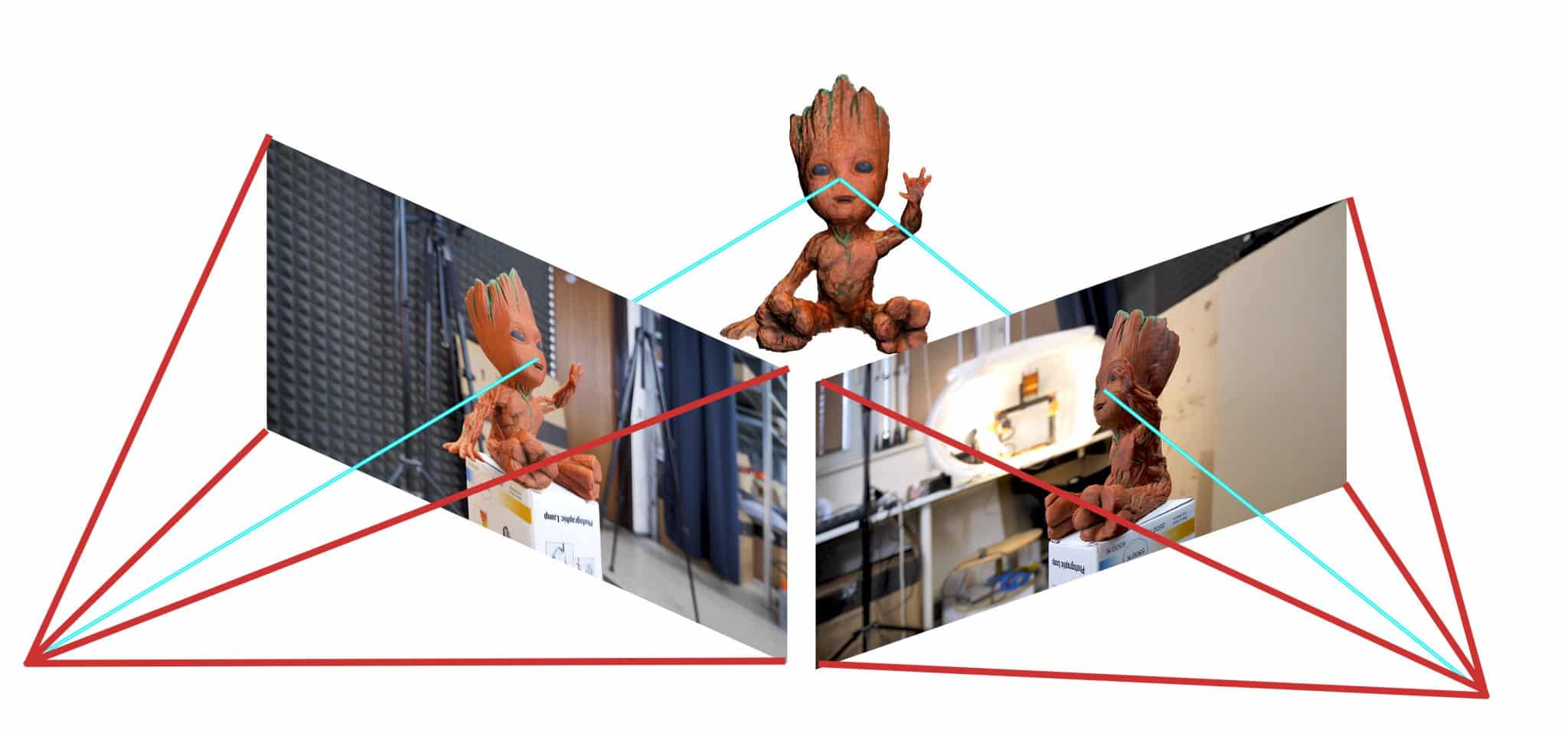
Source: https://blog.prusa3d.com/de/fotogrammetrie-3d-scannen-nur-mit-ihrem-telefon-kamera_7811/
Create 3D models – with scanner
3D scanners are very useful for converting real objects into digital 3D models. Digital 3D models can be further processed and used in various applications. This technology is used in many areas, including architecture, industry, medicine, entertainment, prototyping and product manufacturing.
3D scanning is a method of capturing the three-dimensional shape of an object. There are many different types of 3D scanners, but they all generally work in the same way. The first step is object recognition. The objects to be scanned are placed on a platform or room specially set up for 3D capture. Depending on the scanner type, the object can be moved or stationary for complete detection. The scanning process follows. Scanners emit infrared, laser or optical signals to scan objects. The signal hits an object and is reflected or emitted by it. A scanner detects these signals and measures the distance between the scanner and the object. The measured distances are converted into a 3D point cloud using software. This point cloud is a collection of millions of points that represent the shape and appearance of the scanned object. In some cases, colour information or textures can also be recorded in addition to distance measurement. The final step is post-processing. The point cloud can now be imported into 3D modelling software to create a 3D model.The points are converted into a surface model that can be further processed depending on the desired level of detail. The points are converted into a surface model that can be further processed depending on the desired level of detail.
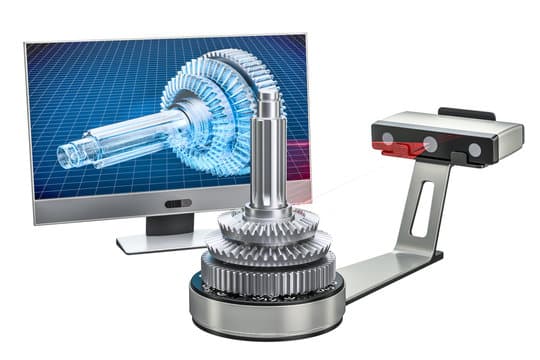
Create 3D models – with AI
Artificial Intelligence (also known as AI) is one of the latest methods for creating 3D models and can be used in a variety of ways to create 3D models. It is important to note that using AI to create 3D models does not replace all the steps required to create 3D models. The points are converted into a surface model that can be further processed depending on the desired level of detail. AI-supported methods can be used to create complex shapes and textures more quickly and generate 3D models that would otherwise be very difficult or impossible to create.
Here are some of the most common ways AI can help create 3D models:
Generative Adversarial Networks (GANs): GANs are a type of AI algorithm that can be used to generate 3D models. It uses two artificial neural networks that train each other to create a realistic 3D model. The network constantly generates new models and learns what looks realistic and what does not. Google’s Dreamfusion (or the counterpart to Dall-E: Point-E) is well known here. Both programmes make it possible to create 3D models from text input using AI.
Autoencoder: An autoencoder is a type of neural network that is used for image or signal processing. It can also be used to create 3D models by analysing existing 3D models and extracting important features. The network can then use these features to generate new, similar 3D models.
Machine Learning: It is possible to create 3D models with machine learning models. Large amounts of data can be analysed to create templates from which new models can be derived. Systems are trained on large amounts of data in order to recognise and reproduce patterns and characteristics. Systeme werden auf großen Datenmengen trainiert, um Muster und Merkmale zu erkennen und zu reproduzieren. Machine learning can also help with texturing and merging 3D models.
One technology that utilises machine learning is NeRF. NeRF stands for Neural Radiance Fields, a deep neural network model used for 3D reconstruction and image synthesis. This is a method that makes it possible to reconstruct complex 3D scenes from 2D images and create realistic 3D images. NeRF models have many applications in various fields such as virtual reality, computer graphics and robotics. Here is a short video on how it works.
Mazing combines various AI methods and can therefore offer a cost-effective and scalable 3D modelling process. More on this in the chapter “Outsource or do it yourself”.
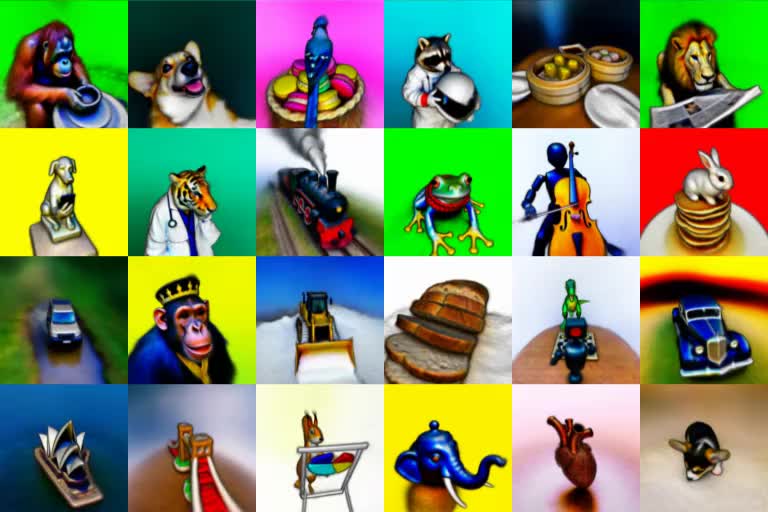
Source: Google Dream Fusion
Create 3D models – with modellers
Manual modelling is the “traditional” method for creating 3D models. Here, the model is shaped manually and created in a 3D modelling program such as Blender, Vectary, BlocksCAD or SketchUp. This method requires a lot of patience and skill, as every detail of the model has to be made by hand. However, it is a very flexible method and enables the creation of complex and detailed models.
Once the software has been selected, the process begins with sketching the model. This can be done by hand or digitally with the 3D modelling software. A rough sketch of the model can help you to get an idea of the shape and size of the model. The model can now be created in the 3D modelling software. This is done by creating geometry, such as polygons, surfaces and solids, to shape the model. The geometry can be changed, e.g. by shifting, scaling or rotating, to create the shape and details of the model. Once the model has been created, it can be textured to give it colours and materials. Textures can be created by applying images or patterns to the surface of the model. High-quality texturing can make the model more realistic and appealing. This is followed by the lighting and rendering. Lighting the model is an important step in making the model more realistic. Various light sources can be used to create shadows and reflections. Rendering refers to the creation of images or animations from the model, which can then be exported to be used in other applications such as augmented reality tools.
Manual 3D modelling requires a high level of creative ability and experience in using 3D modelling software. It can be a time-consuming and demanding task, but it offers a high degree of flexibility and control over the model to create it exactly as you want it.
Do it yourself or outsource it?
The question arises as to whether you can or want to create 3D models yourself or would rather have them created. As we have seen so far, the methods for 3D model creation are a complex topic that offers numerous possibilities. There are a number of programmes available, some of which are free of charge. Doch musst Du abwägen, inwieweit Du dich hier einarbeiten möchtest und ob Dein Können auch für komplexere 3D Modelle ausreicht. There are many reasons to leave 3D modelling to the experts.
Many types of 3D model creation require professional equipment. 3D modelling requires special equipment such as powerful computers or 3D scanners. Professionals often have access to the latest technology needed to create high-quality 3D models.
Experienced 3D modellers can ensure that the model exactly meets the customer’s requirements and is free of errors and problems. A poorly created 3D model can cause problems in production or in the end product, which can lead to additional costs and delays. Especially for augmented reality applications, 3D models must meet special requirements and be optimised. Mazing 3D modelling offers a cost-effective and high-quality option here. If you do not yet have 3D models, Mazing can easily create them for you. All you need are a few product photos, CAD sketches or scans. Of course, these can be prepared so that they can be used for applications such as Web AR eCommerce, Instagram filter, Virtual Try-On, etc. are suitable. Mazing can also take care of integration into websites or online shops for you – so you have all services from a single source.
Experienced 3D modellers have extensive knowledge and experience in 3D modelling and can create complex shapes and textures that are difficult for non-experts to create. Experts can also rationalise processes and minimise potential sources of error, which saves time and money. Generally speaking, creating a 3D model can be a time-consuming task that requires a lot of patience and perseverance. Hiring an expert saves time and makes it possible to create a model quickly and efficiently.
Finally, the creative input that an expert can offer must be mentioned. Experts can provide creative information and ideas that can significantly optimise the 3D model. This makes the model more practical and of higher quality.
Innovations in 3D modelling: What the future will bring
The future of 3D modelling methods is bright and offers many opportunities for further development and innovation. One of the most important trends is the further development of machine learning and artificial intelligence. This makes the creation of 3D models faster and more efficient. This improves the quality of the models produced and reduces production costs. The budget advantages of large studios over smaller creative studios could dwindle as a result.
Another important trend is the increasing use of augmented and virtual reality technologies (aka metaverse) in various industries such as retail, construction and healthcare. The use of 3D models in AR and VR applications offers users an immersive experience that allows them to view products and environments from different angles.


